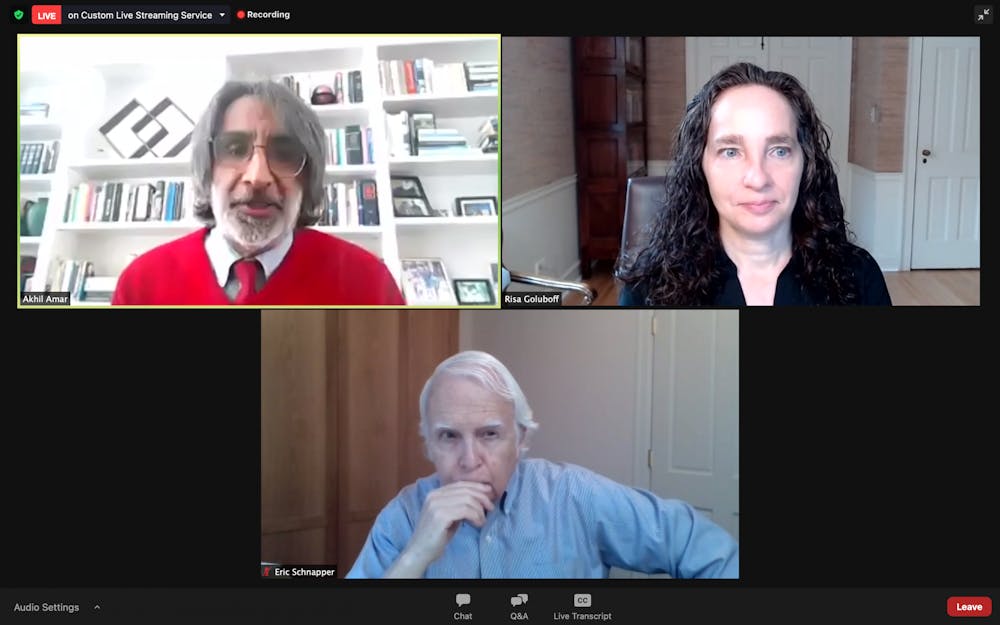Some of the nation’s foremost legal scholars, attorneys and civil rights advocates met for a two-day online symposium through the UNC Center for Civil Rights.
The speaker and panelist explored the origins, present status and future promise of the Equal Protection Clause.
The program, "Equal Protection's Grand Promise and Betrayals: Reconstruction, Plessy to Bakke and Beyond: Is There a Way Forward?" was hosted through the UNC School of Law. It took place over Zoom Thursday and Friday.
The program held six panels and several events in which they discussed modern issues facing the U.S. Supreme Court, with far-reaching and adverse consequences. The consequences, the panelists said, most especially impact people of color in the areas of school desegregation, housing and employment law, access to governmental services, the criminal justice system, voting rights and higher education.
The first panel was "Beyond Chattel Slavery: The 39th Congress Frames A New Fourteenth Amendment, an Equal Protection Clause, and 'Affirmative Action' Statutes To Assist Newly Freed African Americans." The panelists were Yale University Law Professor Akhil Amar and University of Washington Law Professor Eric Schnapper. The moderator was Dean of the University of Virginia School of Law Risa L. Goluboff.
At the first panel, Amar said that the 13th Amendment created the need for the 14th and 15th Amendments.
"When you solve one problem, you often create other problems," Amar said. "Success means creating new problems for yourself."
He then explained the importance of the 14th Amendment and how it personally affected him.
"I'm born in the United States but my parents are not American citizens," Amar said. "When I was born the 14th Amendment gave me an amazing gift that makes me a citizen, an equal citizen, with equal civil rights."



